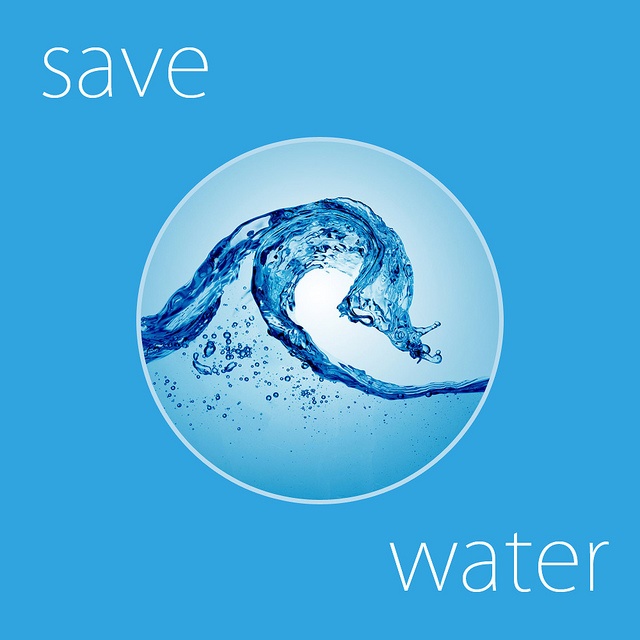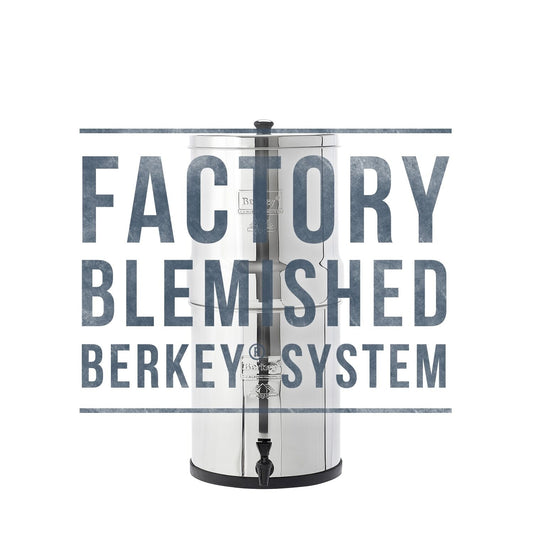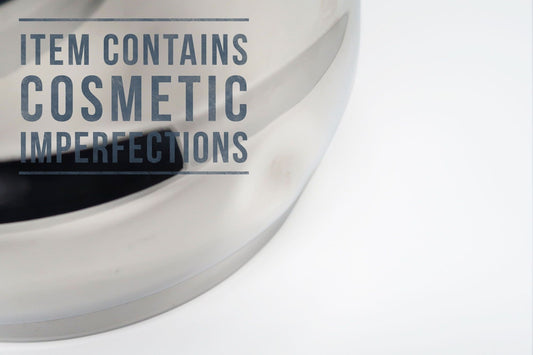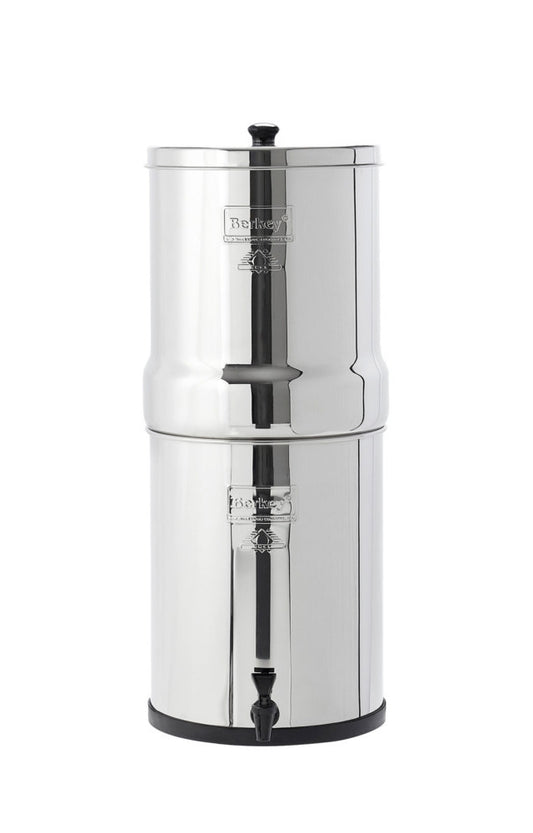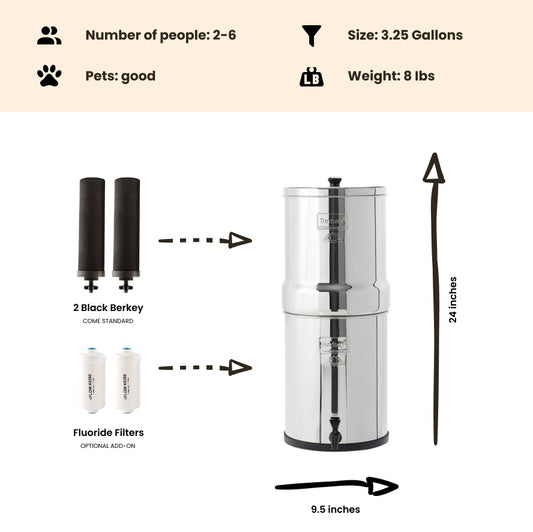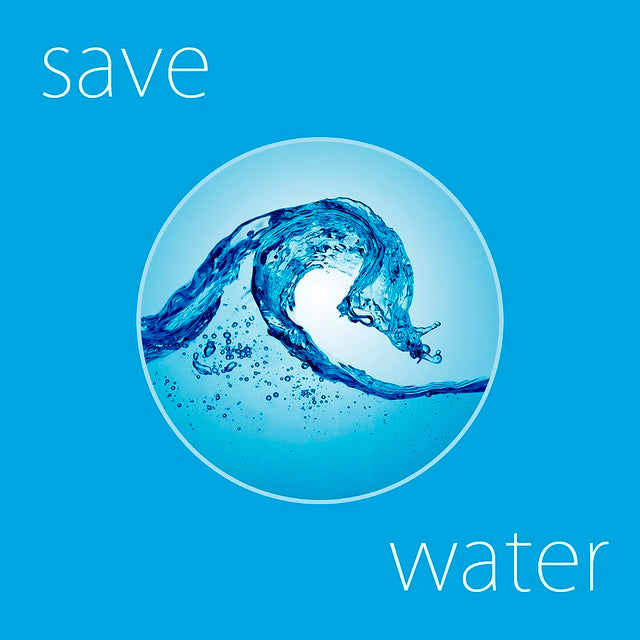
How to Reduce Your Water Footprint
By Dan DeBaunShare
Our ecological footprint extends much further than just our carbon footprint. It includes the impacts of all our actions on the environment, and on ecological systems that support life. One of the areas that humans have the biggest environmental impact, is water. We not only pollute our valuable water resources, we very often waste these as well. If everyone made a concerted effort to save water, much of the water that is unnecessarily wasted could be conserved. These 12 tips on how to save water in the your home will get you started.
Saving Water In the Home
1. Turn the tap off when you brush your teeth. This will save plenty of water that would otherwise flow down the sink while you are diligently brushing away.
2. Fit low-flow shower heads to showers, and use appliances that have water saving features. Fit your toilet with a water saving flush device, or place a large object, such as a brick, into the cistern to decrease the amount of water that is used with every flush.
3. Instead of taking a bath, rather shower. The average size bath uses 30-50 gallons of water, while a four minute shower under a normal flow shower head consumes 20 gallons of water. By fitting a low-glow shower head to your shower, this can be reduced to only 10 gallons of water per four minute shower! If you shower 8 minutes which would be closer to the average length of shower, it would be 20 gallons. Considering that all family members bathe every day, you could save big time if everyone took a shower instead of bathing every day.
4. Make sure that there are no dripping faucets, or toilets that run persistently. Replace worn washers and fix all leaking plumbing.
5. Only run the washing machine when you a full load. This will not only save electricity and water, but will save on detergent, and at the end of the day will save you money. If you must only do half a load of washing, ensure that you change the setting of your washing machine to the half-full setting.
6. Never pour toxic substances down the drain, sink, or sewer, and don't be tempted to pour them onto the ground. They can pollute groundwater, rivers and lakes, and can kill wildlife and pose a health risk to humans. Take toxic waste substances to a hazardous waste disposal site who will handle it in the appropriate manner.
Saving Water In the Garden
1. Create a water-wise garden using hardy plants that do not need to be watered too frequently.
2. Use garden mulch to retain moisture in garden beds and prevent soils from becoming desiccated as water is evaporated from the soil. This will reduce the need to water as often.
3. Recycle household grey water by diverting it onto flower beds, a vegetable patch, or simply to irrigate the lawn.
4. Erect a rainwater tank to collect rainwater that can be used to water the garden. Rainwater that is harvested in the wet season can be used to irrigate the garden come the dry season.
5. Try to use the methods mentioned above to avoid having to water the lawn, but if you really have to, water your garden early in the morning or later in the day when temperatures are cooler, and evaporation will be less.
6. Try to use eco-friendly gardening methods – replace toxic chemical herbicides and pesticides, which can pollute groundwater and harm wildlife, domestic animals and humans, with natural alternatives that are gentler on the environment.
-
Regular price From $302.00 USDRegular priceUnit price / per
-
Regular price $234.00 USDRegular priceUnit price / per
-
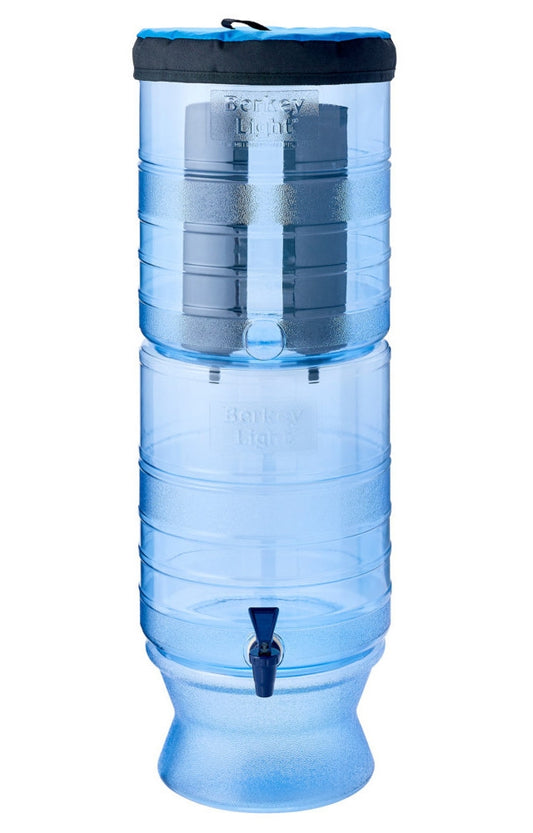
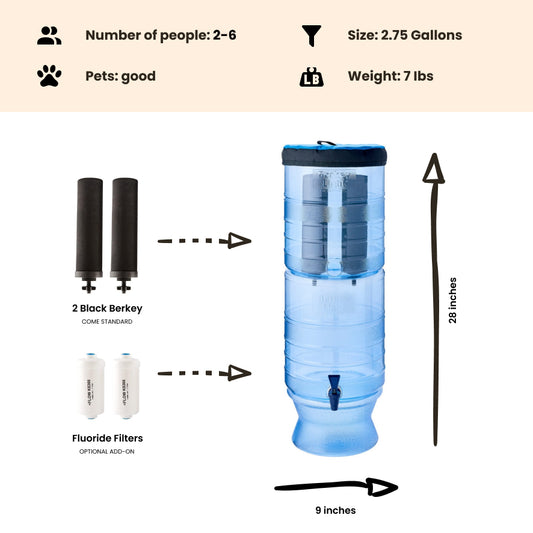 Sold outRegular price From $305.00 USDRegular priceUnit price / per
Sold outRegular price From $305.00 USDRegular priceUnit price / per -
Regular price $327.00 USDRegular priceUnit price / per
-

 Sold outRegular price From $367.00 USDRegular priceUnit price / per
Sold outRegular price From $367.00 USDRegular priceUnit price / per -
Regular price From $408.00 USDRegular priceUnit price / per
-
Regular price From $451.00 USDRegular priceUnit price / per

Dan DeBaun
Dan DeBaun is the owner and operator of Big Berkey Water Filters. Prior to Berkey, Dan was an asset manager for a major telecommunications company. He graduated from Rutgers with an undergraduate degree in industrial engineering, followed by an MBA in finance from Rutgers as well. Dan enjoys biohacking, exercising, meditation, beach life, and spending time with family and friends.
~ The Owner of Big Berkey Water Filters

